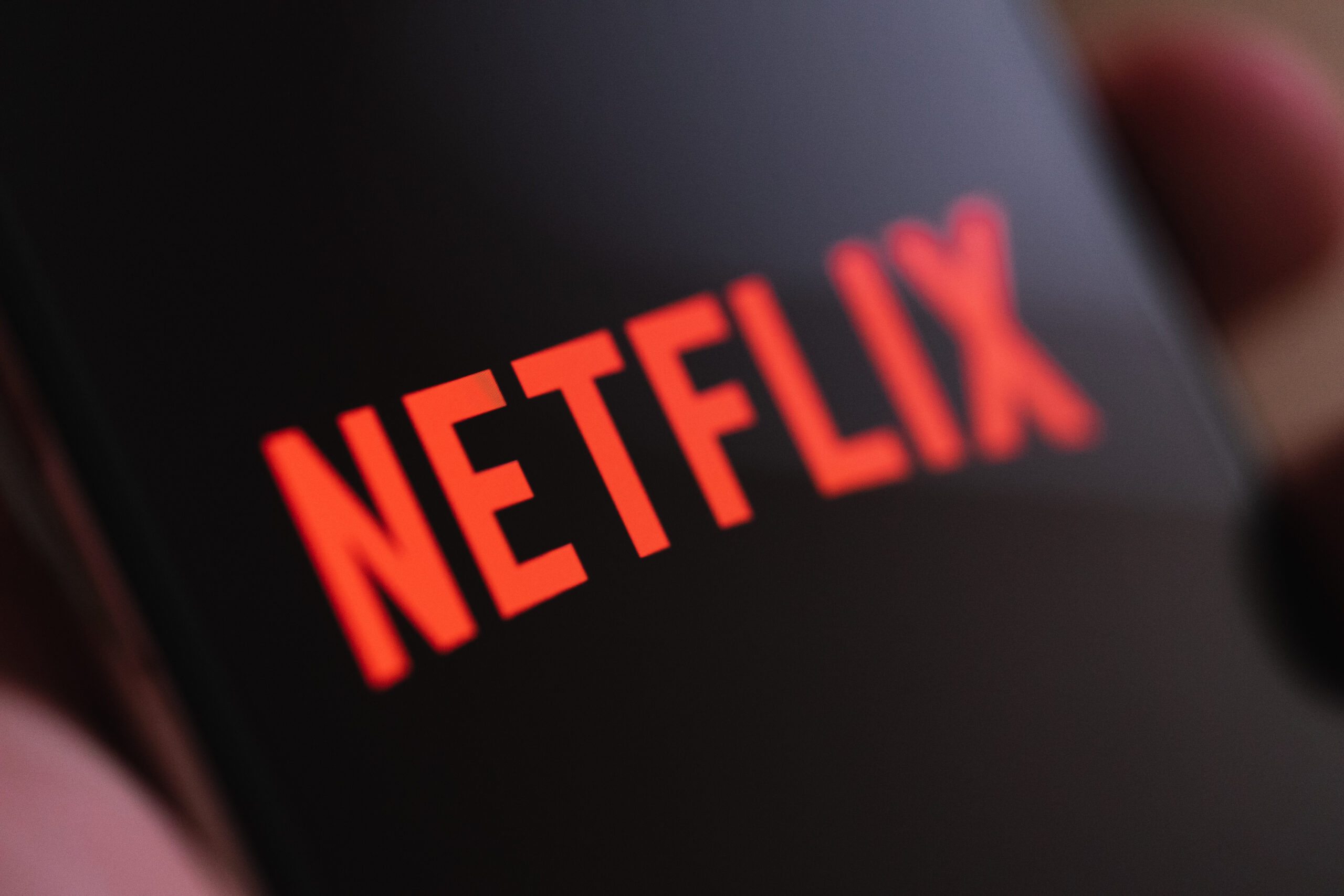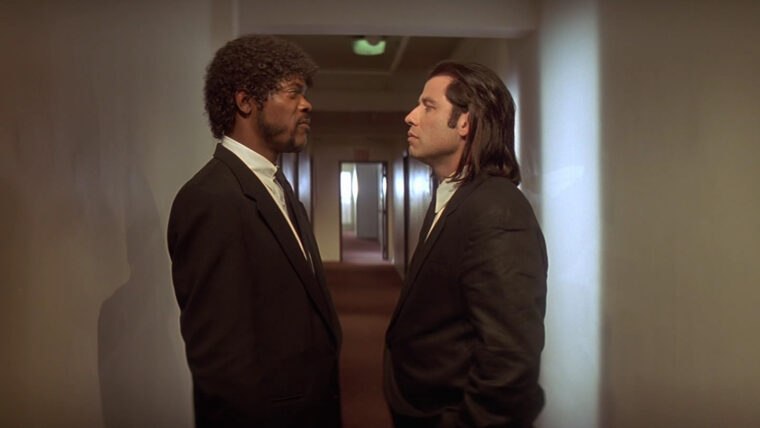The way people consume entertainment has profoundly changed as a result of the revolutionary streaming service.
When Reed Hastings and Marc Randolph established Netflix in Scotts Valley, California, in 1997, the company’s history officially began. In the beginning, Netflix was a DVD-by-mail business that provided users with the ease of renting films without having to worry about late penalties.
Blockbuster, the industry leader in video rental stores at the time, posed a serious threat to Netflix in its early years. But Netflix stood out from the competition by creating a subscription plan that let users rent DVDs for a set monthly rate. This invention turned out to be a game-changer, bringing in a devoted following and opening the door for Netflix’s future success.
Netflix was a pioneer in the practise of releasing complete seasons of series all at once, embracing the binge-watching trend and enabling fans to enjoy content at their own pace. The audience responded favourably to this strategy, which helped the business expand quickly.
The TV show that helped spark this industry revolution is “House Of Cards”. Although it still seems strange to refer to House of Cards as a “TV” series, the political drama starring Kevin Spacey did air on TV and yes, it was serialised, but in other respects, it was something quite different. Instead of being planned to air on an existing channel in weekly segments, it would be made accessible to Netflix members who subscribe to their online video service to stream it all at once, without commercial breaks, and through high-speed internet.
Even after that delivery method, the novelty persisted. In their offer for House of Cards, Netflix pledged to pay for two complete seasons of the programme, which was uncommon at a period when dramas and sitcoms would frequently be cancelled after a few episodes. And then there was the $100 million price tag, which was expensive even by the standards of existing networks, let alone for a brand-new network just starting out in programme creation. David Fincher, the programme’s director and executive producer, and Kevin Spacey were persuaded to join Netflix’s fledgling platform. Netflix gave them complete creative licence to construct the show as they saw fit without any of the meddling notes that are often provided by most TV executives.
Back then, House of Cards was more than simply a flashy political thriller; it represented the dawn of a magnificent new era in which viewers would always have access to top-tier programming (ad-free, of course), crafted by talented individuals with generous pay and unrestricted creative freedom. Everyone could join the streaming era for only $8 per month.
As Netflix’s popularity soared, rival streaming services began to compete with it more and more. But the business persisted in making original programming investments, churning out a variety of highly regarded programmes like “Stranger Things,” “Narcos,” “The Crown,” and “Orange Is the New Black.” These programmes not only acquired a sizable audience but also received numerous nominations and awards.
In recent years, Netflix has increased its global presence by entering new territories and serving a variety of international consumers. The organisation has expanded the variety of its content inventory by adding stand-up comedy specials, documentaries, and international projects. Additionally, Netflix has worked to promote independent storytellers and filmmakers by giving them a platform to display their work.
Netflix has been investing in film creation in addition to streaming, producing original films both online and in theatres. The company’s films have been commended at prominent film festivals and have been nominated for and won Academy Awards.
Netflix has had to change and evolve in order to remain competitive. Other streaming juggernauts like Amazon Prime Video, Hulu, and Disney+ pose a threat to it. Netflix, on the other hand, continues to innovate, testing out virtual reality, personalised suggestions, and artificial intelligence-powered storytelling.
Netflix has millions of customers globally and has established itself as a household name synonymous with streaming entertainment. Its success story shows how a business that started out as a DVD rental service evolved into a global streaming powerhouse, influencing how people consume entertainment in the future.



